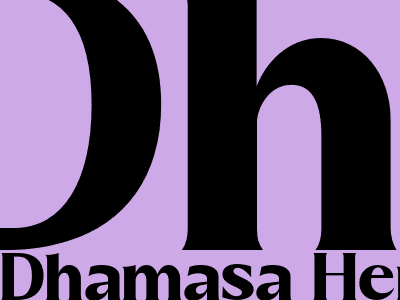Dhamasa Herb: The Ultimate Guide
What is Dhamasa Herb?
Dhamasa herb, scientifically known as Justicia gendarussa, is a perennial herb belonging to the family Acanthaceae. Native to South and Southeast Asia, it has been traditionally used in Ayurvedic medicine for centuries. Dhamasa herb possesses various medicinal properties and is widely recognized for its healing effects.
The plant typically grows up to 2-3 feet in height and bears green leaves with serrated edges. It produces small, purple flowers that bloom in clusters during the summer. The leaves, stems, and flowers of the plant are all used for medicinal purposes.
Medicinal Properties and Uses
Dhamasa herb is renowned for its diverse medicinal properties, including:
- Anti-inflammatory: The herb contains compounds that exhibit anti-inflammatory effects, making it beneficial for reducing inflammation and pain.
- Antimicrobial: Dhamasa herb possesses antimicrobial properties that help fight against bacterial and fungal infections.
- Antioxidant: The herb is rich in antioxidants that protect cells from damage caused by free radicals.
- Hepatoprotective: Dhamasa herb has hepatoprotective effects, protecting the liver from damage.
- Immunomodulatory: The herb can modulate the immune system, enhancing its ability to fight infections.
Traditionally, Dhamasa herb has been used to treat a wide range of ailments, including:
- Inflammation and pain, such as joint pain and muscle aches
- Skin conditions, such as eczema and psoriasis
- Respiratory problems, such as asthma and bronchitis
- Digestive issues, such as indigestion and diarrhea
- Liver disorders, such as hepatitis and jaundice
Dosage and Administration
The dosage and administration of Dhamasa herb can vary depending on the specific condition being treated. It is generally recommended to consult a qualified healthcare practitioner before taking Dhamasa herb, especially if you have any underlying health conditions or are taking any medications.
Dhamasa herb can be consumed in various forms, including:
- Tea: The leaves and flowers of the plant can be brewed into a tea.
- Tincture: A concentrated extract of the herb can be taken in tincture form.
- Capsules: Dried and powdered Dhamasa herb can be encapsulated.
- Ointment: The herb can be incorporated into ointments for topical application.
Safety and Precautions
Dhamasa herb is generally considered safe for consumption, but some potential side effects may include:
- Nausea
- Vomiting
- Diarrhea
- Skin irritation (if applied topically)
It is important to note that Dhamasa herb may interact with certain medications, including blood thinners and anticoagulants. Pregnant or breastfeeding women should avoid using Dhamasa herb unless under the guidance of a healthcare professional.
Conclusion
Dhamasa herb is a versatile medicinal plant with a rich history of traditional use. Its anti-inflammatory, antimicrobial, antioxidant, hepatoprotective, and immunomodulatory properties make it a valuable natural remedy for various ailments. While generally safe for consumption, it is crucial to consult a qualified healthcare practitioner before using Dhamasa herb, especially if you have any underlying health conditions or are taking any medications.

Comments